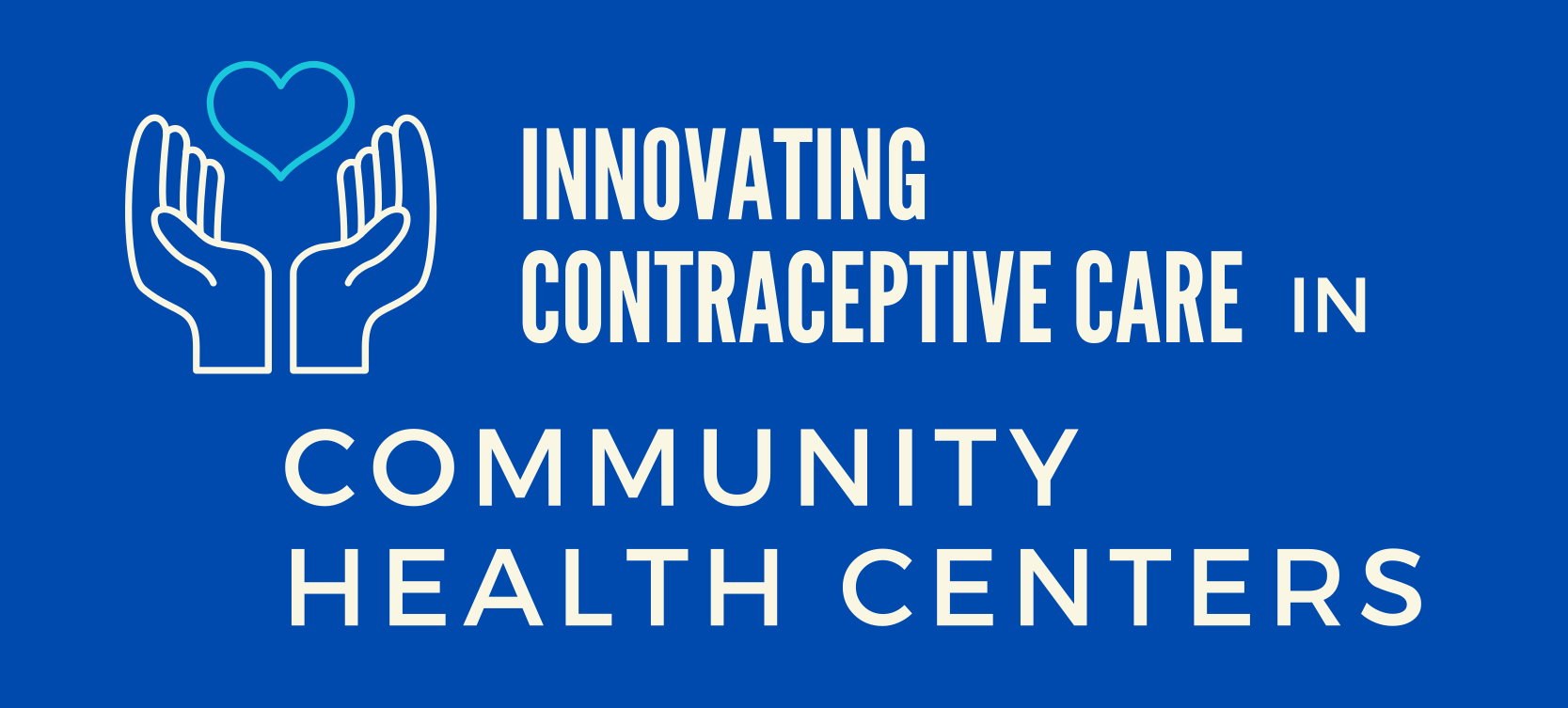Specific populations – including younger patients, gender-diverse patients, and patients with disabilities – face increased barriers to realizing informed contraceptive choice, including lack of access to care, lower quality services that do not address their specific needs and circumstances, and challenges to acting on their right to reproductive autonomy. Specific attention to training staff in the obstacles faced by these patients, and strategies to support their reproductive and contraceptive decision making in an ethical and evidence-informed manner, can ensure that all patients benefit from high quality, patient-centered contraceptive care.

